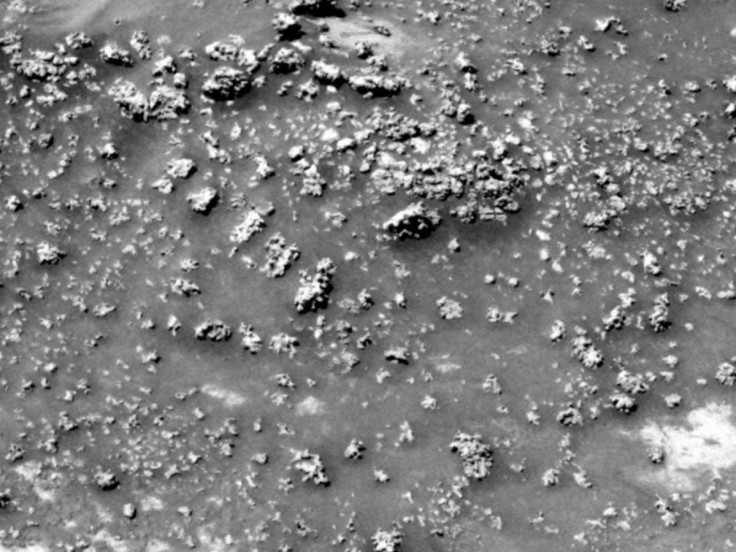Alien life on Mars possible due to water conditions being similar to Earth's oceans: Study
NASA's Curiosity Rover's results suggest that water on red planet contains just the right ingredients for life to sustain.
For decades, scientists have been studying the environmental conditions on Mars in quest of alien life. And the new study suggests that life on mars is possible considering the water conditions on the red planet.
Mars is thought to be the closest place where researchers could find signs of alien life in our solar system, after earth. One of the key reasons being the availability of water, the primary ingredient for life to grow. Other studies suggest that Mars would once have been a thriving place with flowing water and life. However, scientists continue to look for signs providing evidence of life on Mars.
According to Independent, researchers are studying environmental conditions especially water chemistry on Mars to learn more about what the ancient Mars was like. As per the report, the recent results by NASA's Curiosity Rover on Mars suggest that the water that once covered Mars' terrains "could have had just the right ingredients to support any microbial life" on the planet. The ice on the surface of the planet is just enough to cover the entire planet to a depth of 35 meters. However, the change in atmospheric conditions must have eradicated any signs of life on the planet.
A latest study examined sediments that are apparently residue found in lakes on Mars' Gale Crater and it was discovered that these leftovers were created due to the presence of liquid. And this liquid probably had a similar pH to that in Earth's oceans, one of the primary sources of life on our planet.
The paper is titled "Semiarid climate and hyposaline lake on early Mars inferred from reconstructed water chemistry at Gale," and it is published in Nature Communications journal.

NASA's Curiosity Rover is a car-sized rover designed to explore the crater Gale on Mars. It landed on the Martian surface on August 6, 2012. Ever since, the rover has been investigating Martian climate, geology, environmental conditions, and searching for any signs of microbial life. An exploration of whether water on the planet could possibly give home to life remains one of the key subjects of study of the mission.
© Copyright IBTimes 2025. All rights reserved.





















